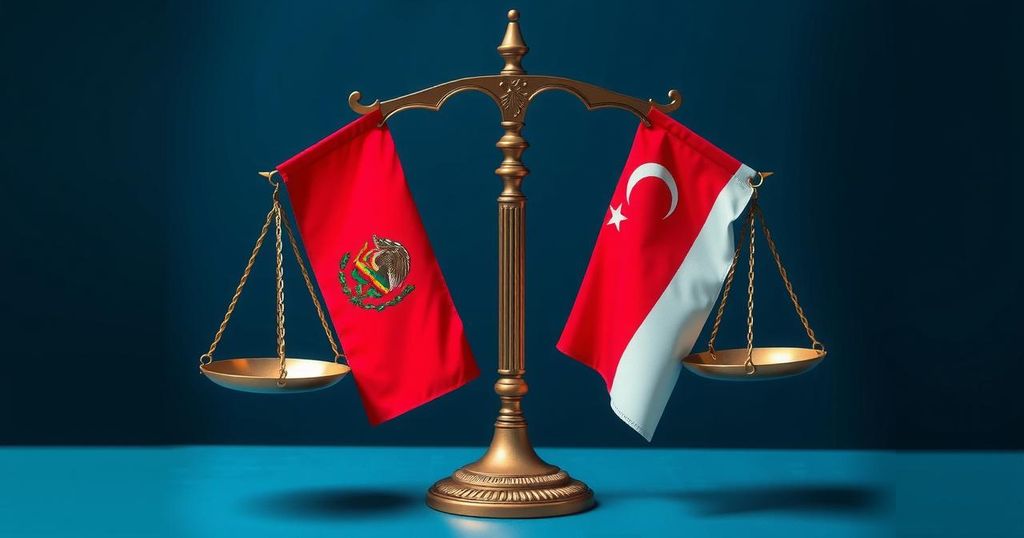Trump Expects China to Impose Death Penalty for Fentanyl Traffickers

- Trump believes China will enact the death penalty for fentanyl traffickers soon.
- The fentanyl trade has become a focal point in U.S.-China relations.
- Washington accuses Beijing of not sufficiently curbing precursor chemicals.
- Trump signed the HALT Fentanyl Act to increase penalties for trafficking.
- There has been a significant rise in overdose deaths in the United States.
- China has recently added more precursors to its controlled substances list.
Trump’s Optimism on China’s Fentanyl Sentencing Policy
In recent developments surrounding drug policy, U.S. President Donald Trump has voiced strong optimism that China will soon impose the death penalty for those involved in fentanyl manufacturing and trafficking. This statement comes amid onward discussions between Washington and Beijing regarding a deal to address the dispersion of illicit substances, particularly fentanyl, which is a prominent cause of overdoses in the U.S. Trump expressed confidence that such measures will soon be enacted, stating, “I think we’re going to work it out so that China is going to end up going from that to giving the death penalty to the people that create this fentanyl and send it into our country.”
The Growing Tension Between U.S. and China
Historically, the drug trade has become a significant and contentious issue in U.S.-China relations, tied closely to economic and national security matters. Washington has consistently accused Beijing of not doing enough to prevent the trafficking of precursor chemicals that are critical in the production of fentanyl. In turn, Chinese officials have pushed back, claiming that the U.S. is using the fentanyl crisis to pressure China politically. Earlier this year, Trump implemented a 20% tariff on Chinese imports indicating the seriousness with which his administration views the fentanyl trade issue
China’s Response to Drug Trafficking Concerns
Despite opposed sentiments, there have been some recent actions taken by China to combat drug-related crimes. Just last month, the Chinese state media reported the seizure of over two tons of drugs, with 262 individuals arrested in connection to drug trafficking within the year. Furthermore, two additional fentanyl precursors were classified as controlled substances, a move hailed by Trump as a sign of progress. Additionally, the Chinese government has reported a rise in prosecutions and arrests tied to drug-related money laundering offenses, suggesting a commitment to tightening drug laws within their borders, although skepticism remains regarding the comprehensiveness of these measures.
In summary, President Trump’s comments on China’s potential adoption of severe penalties for fentanyl traffickers underscore the ongoing complexities of U.S.-China relations amid the drug crisis. While efforts to negotiate a resolution continue, China appears to be making some regulatory adjustments. However, significant skepticism persists about the efficacy of these measures, illustrating the tension still very much alive between the two nations.








